Singer foot sewing machines: models and values
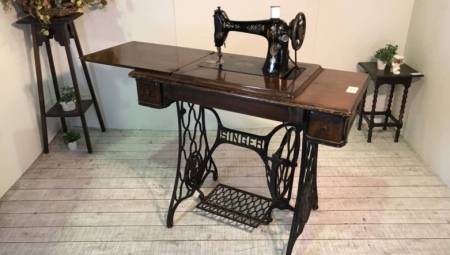
Today, in many homes, you can see a sewing machine that is developed using the latest technologies, from high-quality materials and is almost capable of sewing on its own using software. And this is not surprising, because we live in a time of scientific and technological progress. But earlier, 100-150 years ago, the situation was different. In this article, we will talk about an invention that at one time turned the world upside down and opened up many new possibilities for people - this is the Singer foot sewing machine.
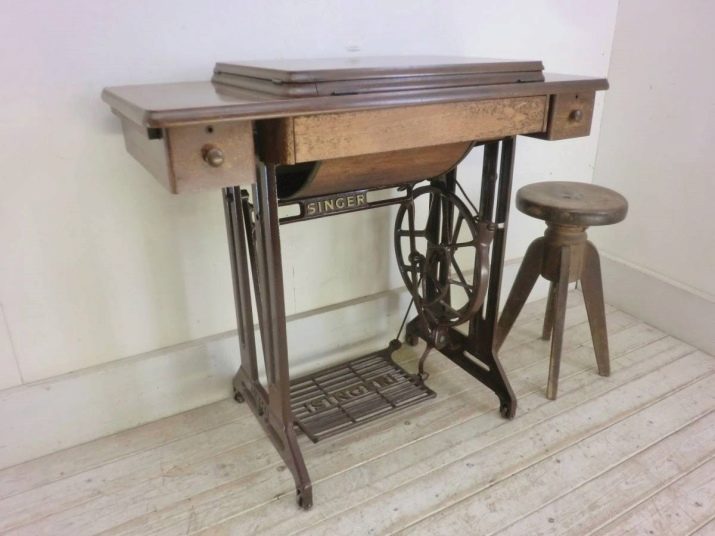
History of creation
In the 18th century, in order to have new clothes, one had to either sew them on their own using needles and threads, or go to a special workshop where dressmakers worked using the same attributes.
It was during this period that the Singer sewing machine began its history.
Its creator was the American inventor and entrepreneur Isaac (Isaac) Singer. He successfully improved the existing Phelps sewing machine by equipping it with a foot pedal.
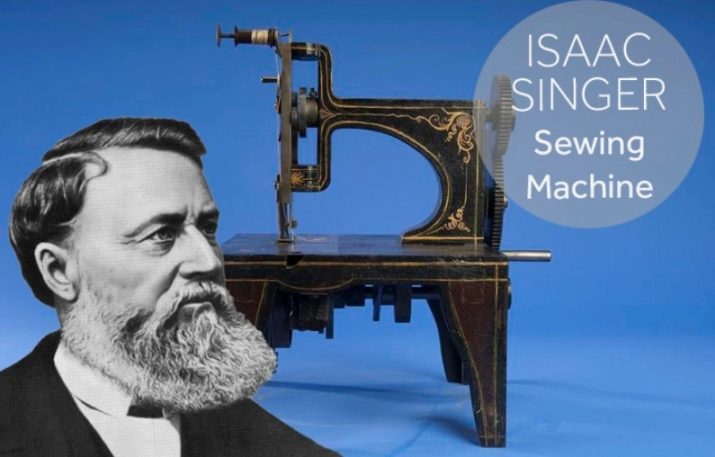
His brainchild was so perfect and unique that it quickly became in demand. Singer made his product "long-lasting" - this means that in the event of a breakdown, the mechanism could be repaired, and thereby increased its popularity. Already in 1854, 3 years after the appearance of the first Singer machine, this sewing equipment was in use not only by housewives, but also in large factories and workshops.
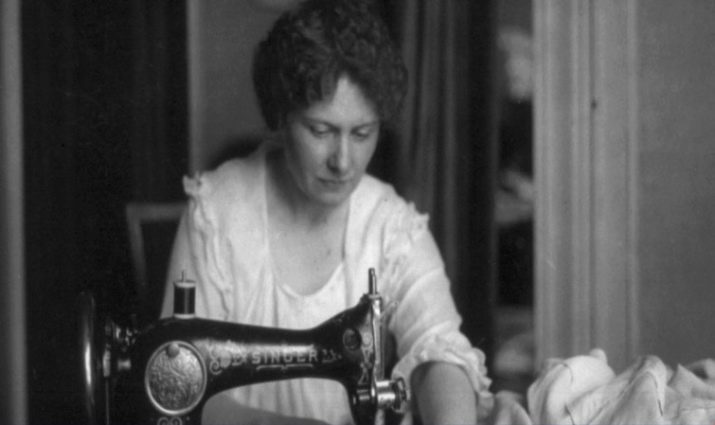
Peculiarities
Of course, the old Singer sewing machine with a drive is special in itself, because it is the first of its kind, and all subsequent similar units were made according to its example. Let's list the main features of the Singer sewing machine.
- Design and decoration.
- Excellent functionality - she could sew a perfectly straight line even on the thickest fabric.
- For the operation of the unit, no additional device was required, but only mechanical force, and the weakest one. Even a fragile woman could safely launch and sew it, simply swinging a special pedal with her foot.
- Convenience of work - the dressmaker's hands remained free to perform various operations.
- The presence of a table - a board, thanks to which the work became more comfortable. It was possible to place threads, fabric, scissors and other tools and attributes necessary for work on it.
- An instruction was attached to the sewing unit, in which it was clearly described how to use it correctly.
- In the event of a breakdown, absolutely all components and parts can be repaired even with your own hands. As already mentioned, it was this feature that made the machine popular and in demand, because its service life was unlimited.
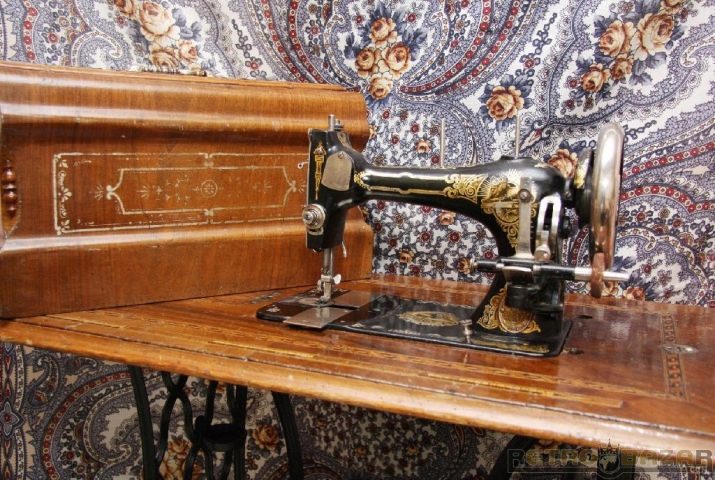
Proof of the durability of the Singer power operated footer is the fact that to this day, there are specimens that function as fully as they did 150 years ago. If you have one lying around in your attic, do not rush to throw it away or sell it - perhaps it is with its help that you can sew more than one beautiful outfit, discovering a talent for sewing.
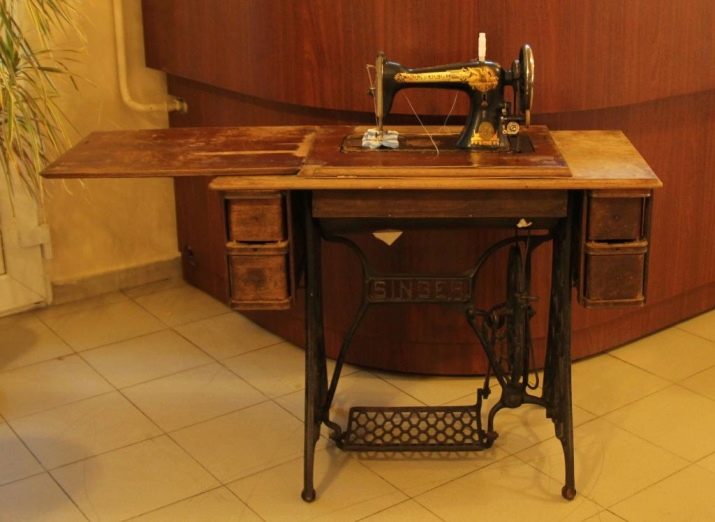
Other models of sewing machines with a foot drive that were quite popular at one time should be mentioned, in the designs of which the principle invented by a talented engineer was used:
- Soviet "Chaika" and "Podolsk";
- American Afrana;
- Chinese Buterfly;
- Hungarian Csepel;
- German Kohler and others.

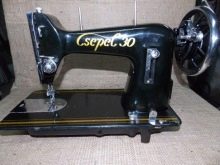
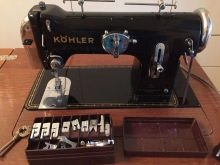
Is the vintage model appreciated?
Today, the old Singer foot sewing machine is this is a real antiques that excites many relic hunters and simply those who want to "break the jackpot" without straining. The question of how much you can earn on it is quite relevant these days.
The hunt for such a rarity began in the early 90s. Perhaps everything would have turned out differently, if not for the mythical stories about this sewing attribute.
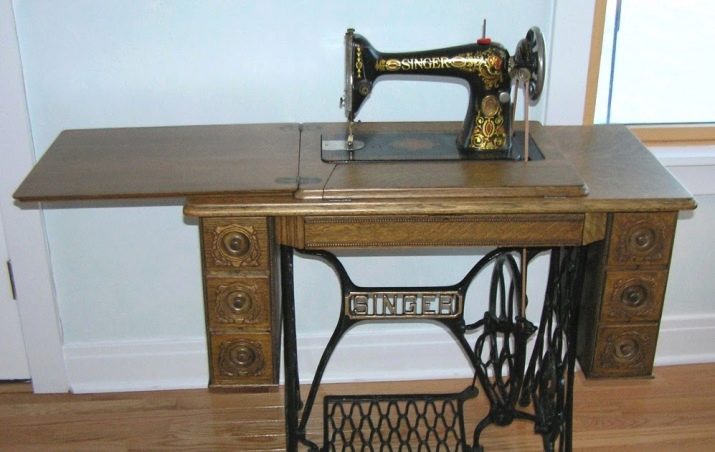
First story
This myth about the value of the car was associated with the inscription, which is located on the attribute and testifies to its authenticity. The thing is that on one typewriter you can see the inscription Singer, and on the other - Zinger. And here the question arises as to what is a fake and what is the original?
In fact, the original name, of course, with the letter S. This indicates that the machine was manufactured at the factory of the first manufacturer, the Singer Manufacturing Company, which was founded in the United States.
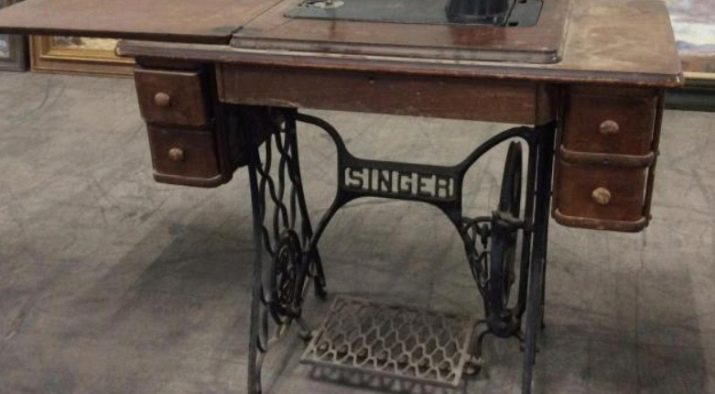
After the company expanded and its products became known all over the world, it opened the sale of franchises. This is why companies in other countries that make power sewing machines began to misrepresent the name. So a machine with the inscription Zinger appeared on sale.
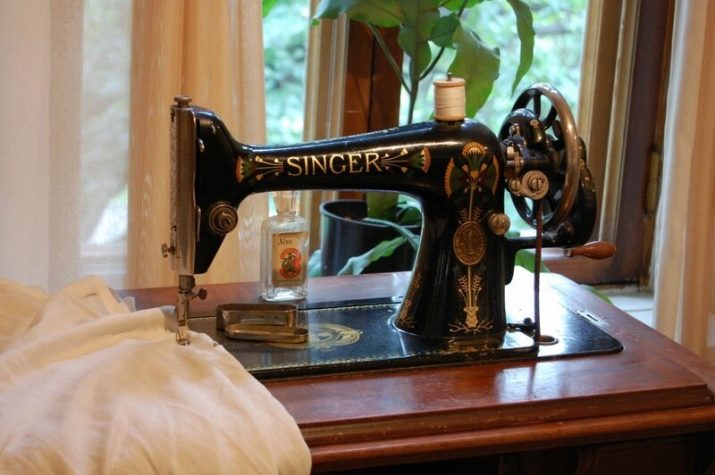
Second story
Thanks to her, the value of the machine has increased, and this is due to the presence of precious metals in the composition of certain parts.
For a long time, there were rumors that the drive shaft and shuttles of the machine were made of gold, platinum and palladium.
But, as it turned out later, all this was just a fiction, which entailed many facts of fraud, theft and even murder. In fact, even the oldest Singer cars are valuable only as part of antique collections, but no more.
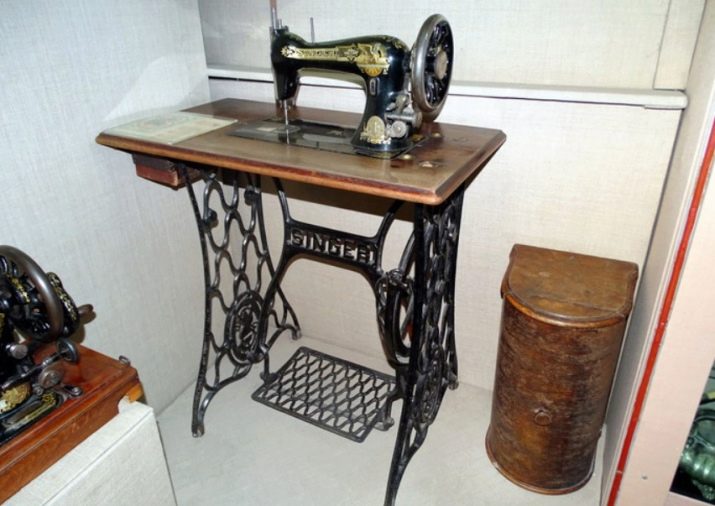
In the next video, you will learn how to distinguish a real Singer sewing machine from its counterparts.








